Vaccinating your sheep timely is very important for keeping your sheep healthy and free from all types of diseases and health hazard.
And it is very important if you are doing sheep farming commercially. Vaccination schedule for sheep depends on various factors. It depends on your area and the diseases prevalent in your area.
Vaccination Schedule For Sheep
Vaccination schedule for sheep also depends on your sheep’s age and their raising purpose. It’s always a good idea to consult with a vet before vaccinating your animals.
Try to follow a vet’s recommendations while vaccinating your sheep or any other livestock animals. Here we are describing about common and basic vaccination schedule for sheep.
Core Vaccines
You have to vaccinate your sheep regularly for two types of enterotoxemia (commonly known as overeating disease) and tetanus. CD-T (this three in one vaccine is known as CD-T) provides protection against these potentially fatal ailments caused by clostridium bacteria.
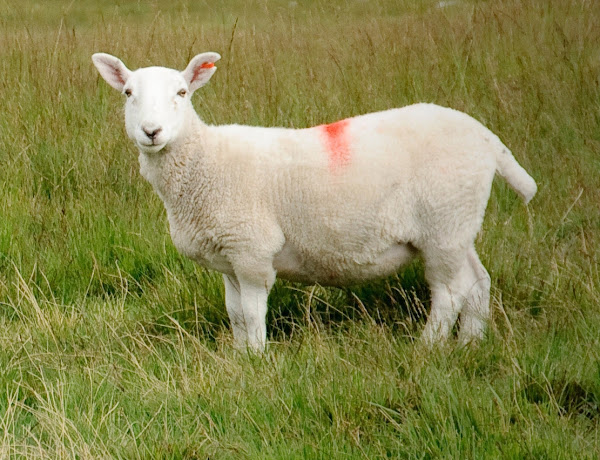
This type of vaccination don’t depend on your location and the age of your sheep. But ensure that, the lambs on your herd have received this vaccine within a few days of birth.
Because overeating disease is one of the major causes of death in babies. After a few months (during weaning), they need another CD-T shot.
Foot Rot
Foot rot often occurs in sheep in such areas that get a lot of rainy weather. It’s also known as foot scald. Vaccination against this disease don’t offer 100 percent protection. But vaccines help to reduce the severity of infection.
Vaccines work great when you take good care of your animals. Depending on the climate in your area, you can vaccinate your sheep for foot rot after every three to six months. But always try to vaccinate them for foot rot before rainy season.
Pregnancy
Vaccinating your ewe timely is also very important. Especially if you are raising sheep commercially. You have to make a plan for ewe vaccination around your breeding schedule.
Vaccinate your ewes for campylobacter (a bacteria that can cause abortions), appromimately three weeks before mating. And vaccinate them for CD-T to provide some immunity for the newborn lamb through colostrum.
Vaccinate CD-T three weeks before ewes are about to give birth. Vaccinate your ewes twice for CD-T during pregnancy, if your ewes are lambing for the first time. During the same time as the CD-T shot, all your ewes should receive an intranasal influenza vaccine.
Sore Mouth
Sore mouth causes lesions on a sheep’s mouth. It is the common term for contagious ecthyma. It can spread through milk to lambs, if your sheep are exposed to the virus. Be very careful and wear gloves during administration.
Because this live vaccine can affect humans. The vaccine for sore mouth is not injected. Instead it is placed on the sheep’s skin (shear off a small bit of fleece, with an applicator).
You can also place the vaccine on a ewe’s tail or inside the ear. Vaccinate the lambs on their inner thigh. Vaccinate your flock for sore mouth annually.
These are the common vaccination schedule for sheep. No vaccination guarantee 100 percent cure or protection. Vaccines work great when you take good care of your animals. So, along with timely vaccination, take good care of your animals.
Hope this guide has helped you. Consider sharing it with your friends and family members if you find it helpful. Good luck and may God bless you!
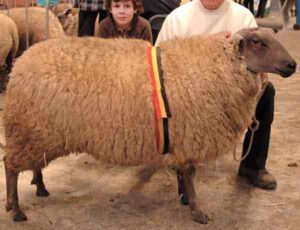
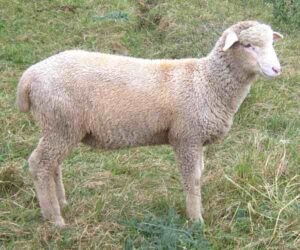
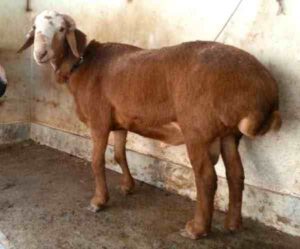
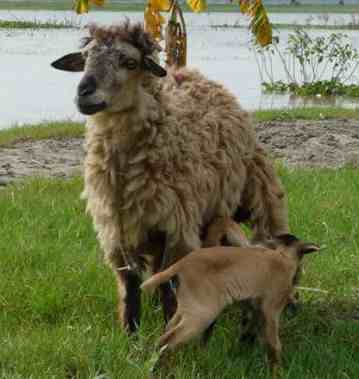
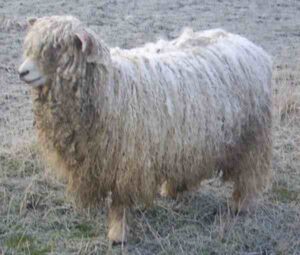
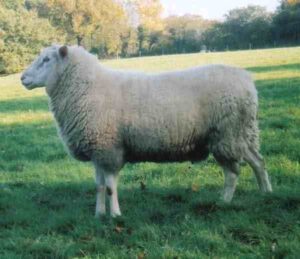
At what age we should start vaccinating the sheep?
Depends on the vaccine and purpose. Review the above chart.